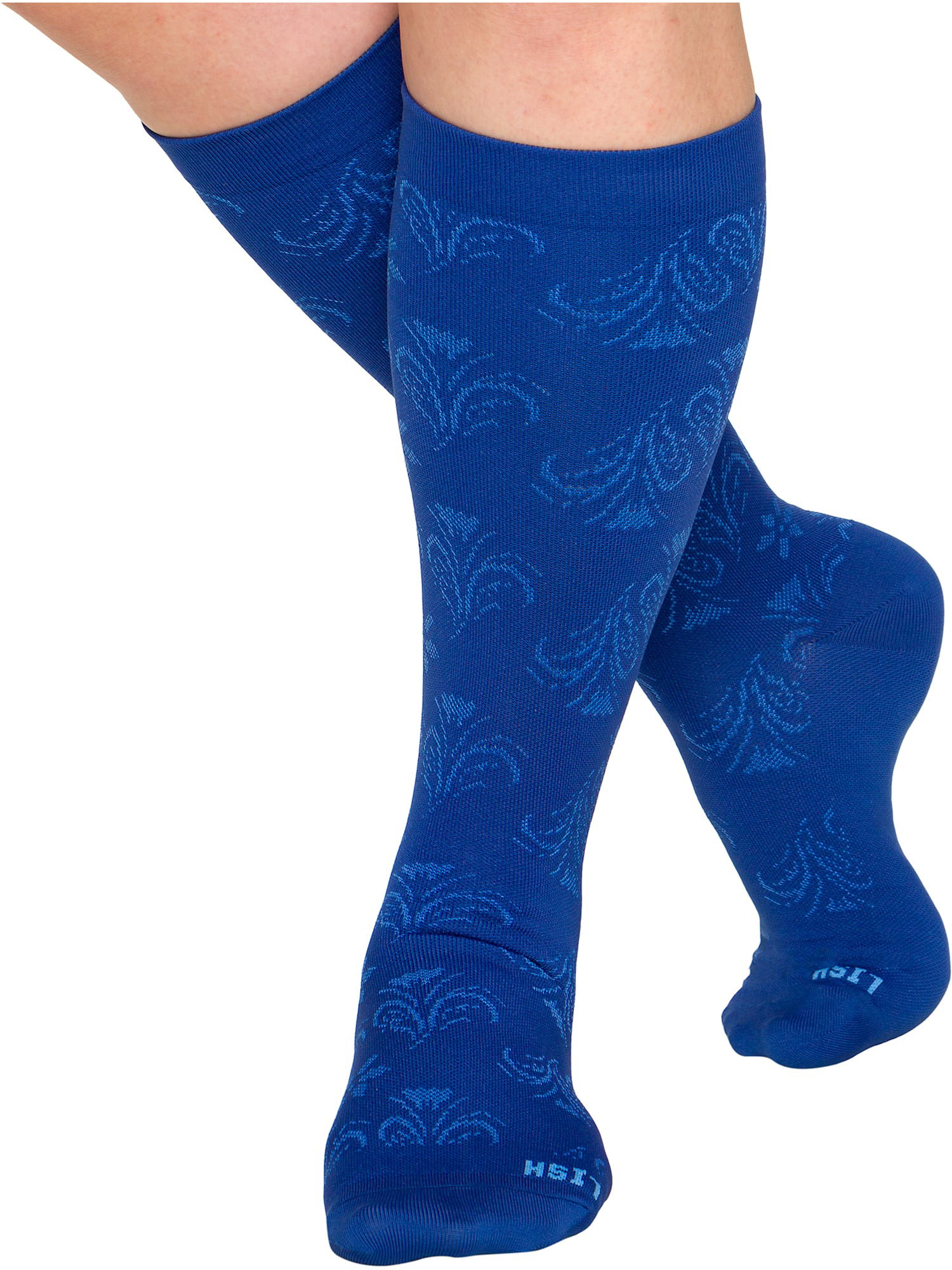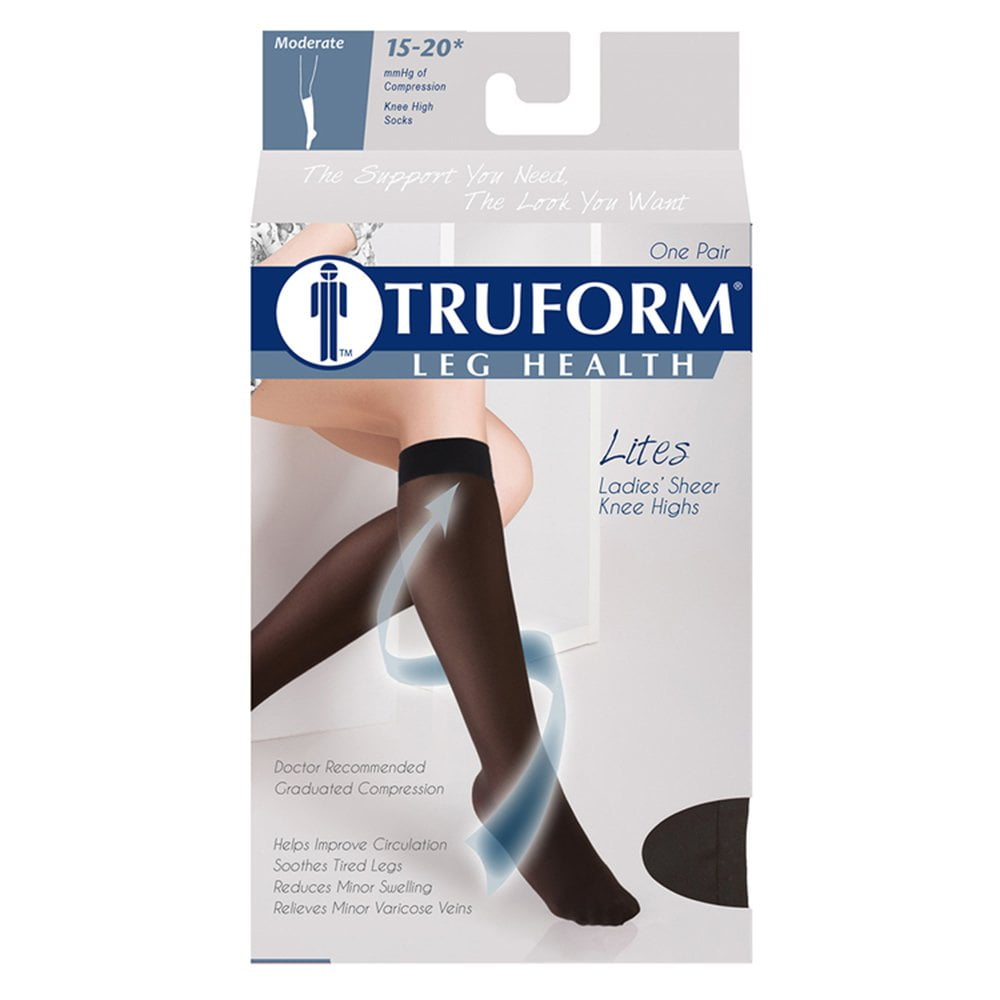
Half the patients were treated post-surgery with the standard recommended care of heparin and graduated compression stockings the other half were treated with heparin alone.

The study involved 1858 patients who had elective surgery and were at medium to high risk of thrombosis, recruited across seven NHS Trusts across the UK. He added: “We suspect this will lead to a change in the NICE guidance in the UK, and globally, and that could save the NHS as much as £65 million a year.” But the effectiveness of stockings in modern medical practice has been in doubt, and now we have shown that medium to high risk elective surgery patients do just as well without them.”

Study lead, Professor Alun Davies, Professor of Vascular Surgery at the Department of Surgery and Cancer, said: “Compression stockings were used for patients long before anti-coagulants such as heparin were developed, and patients at higher risk of VTE have been given both. Now, this study, published in the British Medical Journal suggests the guidance may need to be revised. For patients at medium to high risk of VTE, the current NICE guidance is that both should be used. VTE preventative care is required for most surgical patients, and the main strategies are anticlotting medications to thin the blood, such as heparin, and elasticated compression stockings to apply pressure to the legs to maintain blood flow. Together these conditions are known as venous thromboembolism, or VTE. There is a risk that part of the clot can break off and lodge in the lungs, blocking blood supply (known as pulmonary embolism) which can be fatal if not treated quickly. Undergoing surgery, and inactivity following surgery, can cause deep vein thrombosis (DVT) where a blood clot develops in the deep veins of the legs or pelvis causing pain, swelling or long-term complications. It is estimated that 25,000 patients a year in the UK die from VTE contracted in hospital, including both surgical and non-surgical patients. The researchers are calling for present treatment guidelines to be revised urgently and believe this could lead to significant cost savings for the NHS.

The researchers found that patients at medium to high risk of blood clots following surgery were no more likely to develop clots if they wore compression stockings and took the anti-coagulant medication heparin than patients treated with heparin alone.
#COMPRESSION STOCKINGS TRIAL#
The trial was led by Imperial College London and involved patients at seven hospital trusts across the UK, including our hospitals. The risk of blood clots following surgery is the same whether patients wear compression stockings or not, a new trial has found. Compression stockings unnecessary following surgery, research shows


 0 kommentar(er)
0 kommentar(er)
